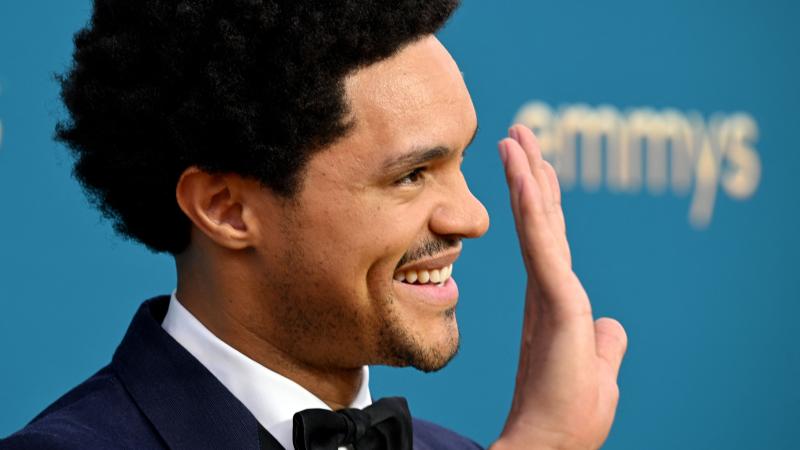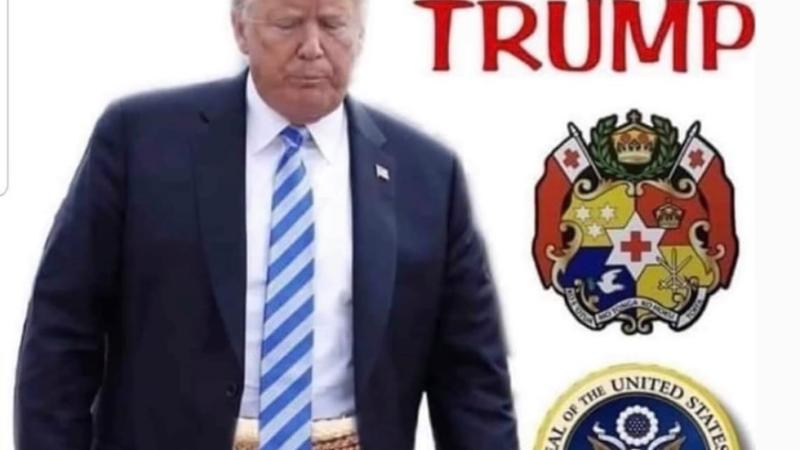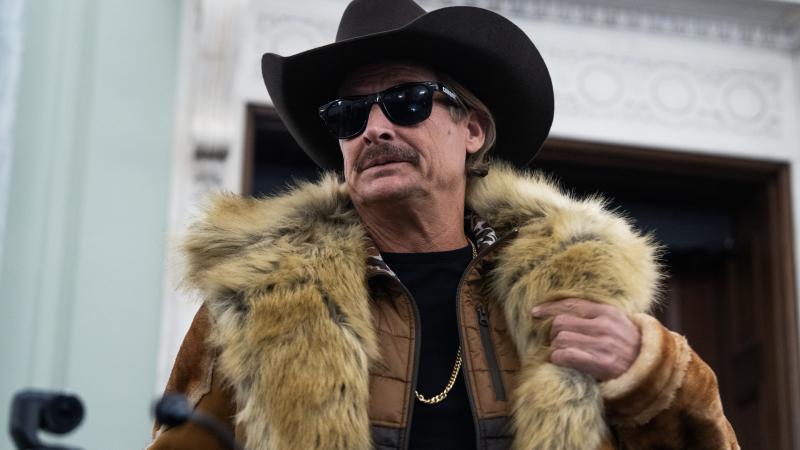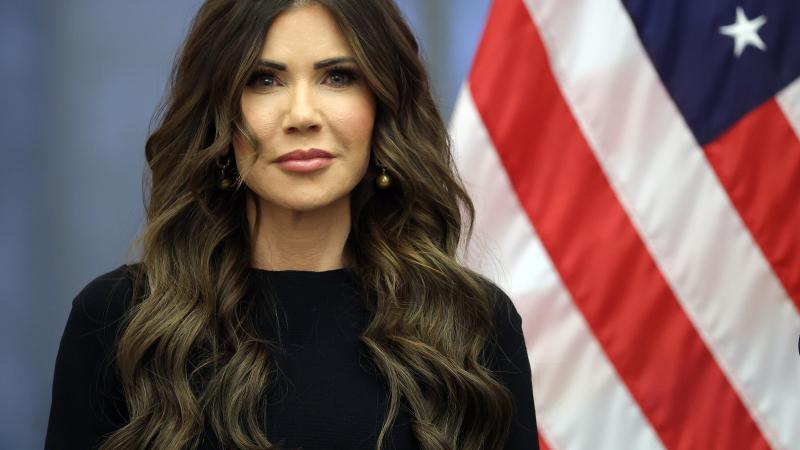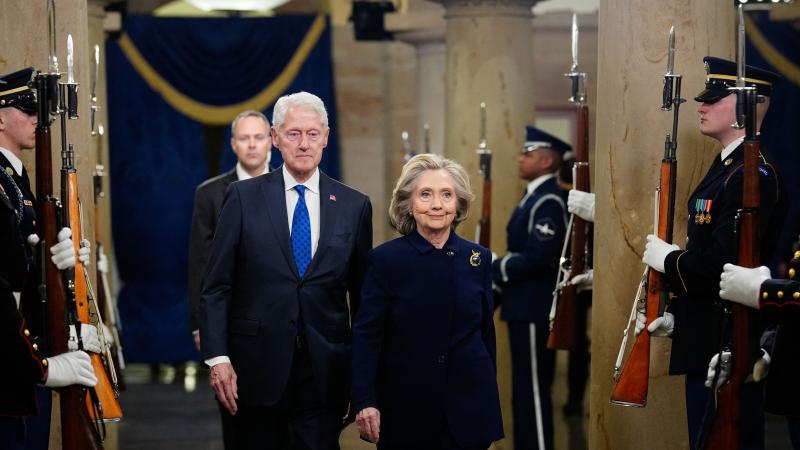Lawyers finish closing arguments in Floyd murder trial, case goes to jurors
With the trial over, the jury now has to reach a verdict.
Prosecution and defense attorneys gave closing arguments Monday in the trial of ex-Minneapolis police officer Derek Chauvin, charged in the death of George Floyd, sending the case to the jurors.
Whether jurors find Chauvin innocent or guilty on charges of manslaughter and/or murder has law enforcement on edge about the possibility of violent protests like those that occurred last summer when Floyd died May 25 while in police custody.
The protests were sparked in large part by a bystander video in which Chauvin is seen kneeling on Floyd's neck for nine minutes and 29 seconds.
Floyd died en route to a hospital in an ambulance.
On Monday, prosecuting attorney Steve Schleicher argued that Floyd died because of Chauvin's actions, not Floyd's underlying health conditions or drug use. And he urged jurors to convict Chauvin on all three counts: second-degree unintentional murder, third-degree murder and second-degree manslaughter.
"He did not trip and fall and find himself upon George Floyd's knee and neck, Schleicher said. "He did what he did on purpose, and it killed George Floyd."
Chauvin's lead defense attorney, Eric Nelson, argued that the state did not prove beyond a reasonable doubt that his client killed Floyd.
He argued Chauvin used reasonable force in subduing Floyd, arguing that there was no evidence he purposefully and intentionally used extreme force when he knelt on Floyd's neck. He also said the practice of doing so was within the parameters of police protocol.
"Officer Chauvin made a decision not to use higher levels of force when he would have been authorized to do so, including punches, kicks, and elbows," Nelson said. "All of these tools were available to Officer Chauvin. That is not an intent to purposefully use unlawful force."




